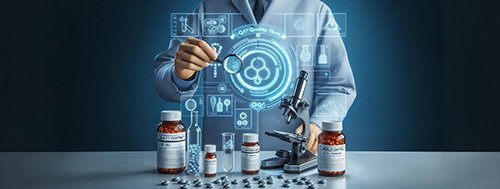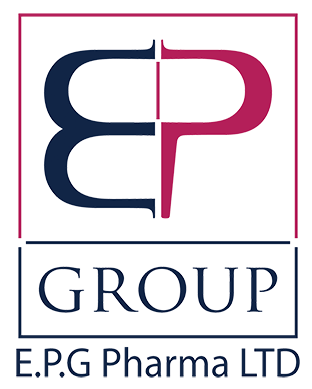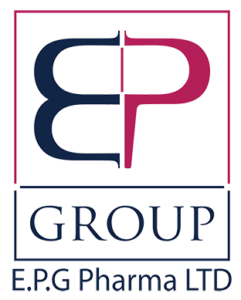PRODUCTION

Producing pharmaceutical products is a complex process that involves multiple stages, each of which must adhere to strict regulatory standards to ensure safety, efficacy, and quality. Here’s a detailed overview of the key stages involved in pharmaceutical production:
1. Research and Development (R&D)
Discovery and Preclinical Research
- Target Identification: Identify biological targets (e.g., proteins, genes) associated with diseases.
- Compound Screening: Screen thousands of compounds to find potential candidates.
- Preclinical Testing: Test compounds in vitro (e.g., cell cultures) and in vivo (e.g., animal models) for efficacy, toxicity, pharmacokinetics, and pharmacodynamics.

2. Clinical Trials
Phases of Clinical Trials
- Phase I: Test the drug in a small group of healthy volunteers to evaluate safety, dosage, and side effects.
- Phase II: Administer the drug to a larger group of patients to assess efficacy and further evaluate safety.
- Phase III: Conduct large-scale trials to confirm effectiveness, monitor side effects, and compare the drug to commonly used treatments.
- Phase IV: Post-marketing studies to gather additional information on the drug’s risks, benefits, and optimal use.
3. Regulatory Approval
Submission and Review
- Documentation: Compile comprehensive data from clinical trials and preclinical studies into a New Drug Application (NDA) or Marketing Authorization Application (MAA).
- Regulatory Review: Submit the application to regulatory bodies (e.g., FDA, EMA) for review and approval.
- Approval: Once approved, the drug can be marketed and sold.
4. Manufacturing Process
Good Manufacturing Practices (GMP)
- Facility Design: Design and maintain manufacturing facilities according to GMP standards to prevent contamination and ensure product quality.
- Raw Material Sourcing: Source high-quality raw materials from reliable suppliers. Perform quality checks on incoming materials.
Production Stages

Formulation Development
Develop the drug's formulation, which includes the active pharmaceutical ingredient (API) and excipients (inactive ingredients).

Scale-Up
Scale up the production process from laboratory to commercial scale while maintaining consistency and quality.

Batch Production
Produce the drug in batches. Each batch undergoes rigorous quality control testing.

Quality Control (QC)
Implement QC procedures to test the drug for purity, potency, stability, and compliance with specifications.
5. Packaging and Labeling
Compliance and Safety
- Packaging: Use packaging materials that protect the drug from environmental factors (e.g., light, moisture) and ensure integrity.
- Labeling: Ensure labels contain all required information, including dosage instructions, warnings, and expiration dates. Labels must comply with regulatory requirements.
6. Distribution and Supply Chain Management
Ensuring Availability
- Warehousing: Store the finished products in controlled environments to maintain stability and quality.
- Logistics: Manage logistics to ensure timely and efficient distribution to pharmacies, hospitals, and other healthcare facilities.
- Inventory Management: Implement inventory management systems to track stock levels and manage expiration dates.
7. Post-Market Surveillance
Ongoing Monitoring
- Pharmacovigilance: Monitor the drug’s performance in the market to detect any adverse effects or long-term issues.
- Feedback and Reporting: Collect feedback from healthcare providers and patients. Report any adverse events to regulatory bodies.
Additional Considerations
- Innovation and Continuous Improvement: Continuously invest in R&D to improve existing products and develop new ones.
- Compliance with International Standards: Ensure compliance with international regulations and standards, especially if exporting products globally.
- Sustainability: Implement sustainable practices in manufacturing to minimize environmental impact.
By adhering to these rigorous processes and standards, pharmaceutical companies can ensure the production of safe, effective, and high-quality pharmaceutical products.

